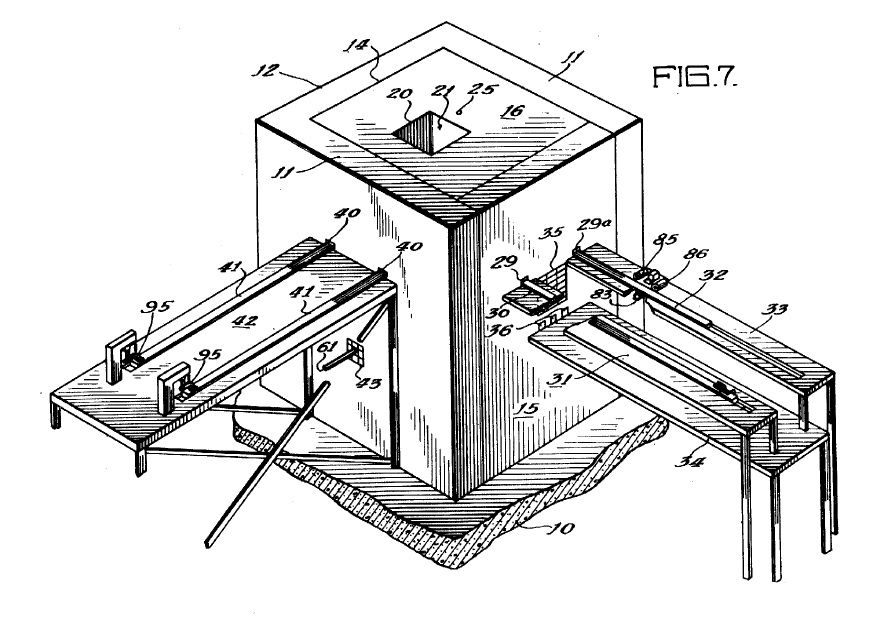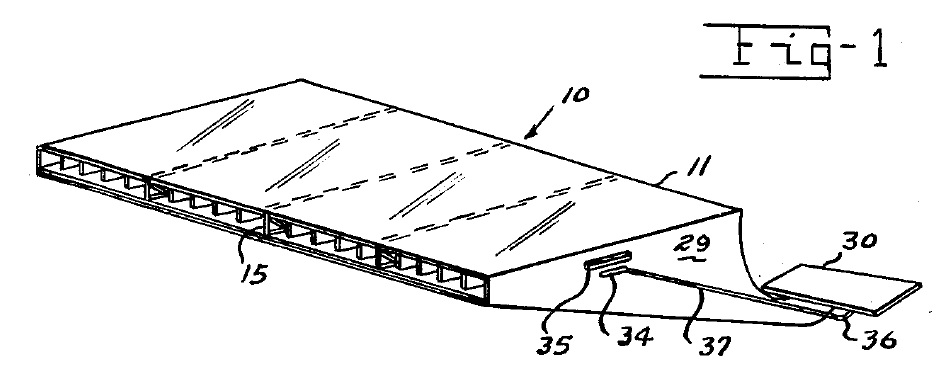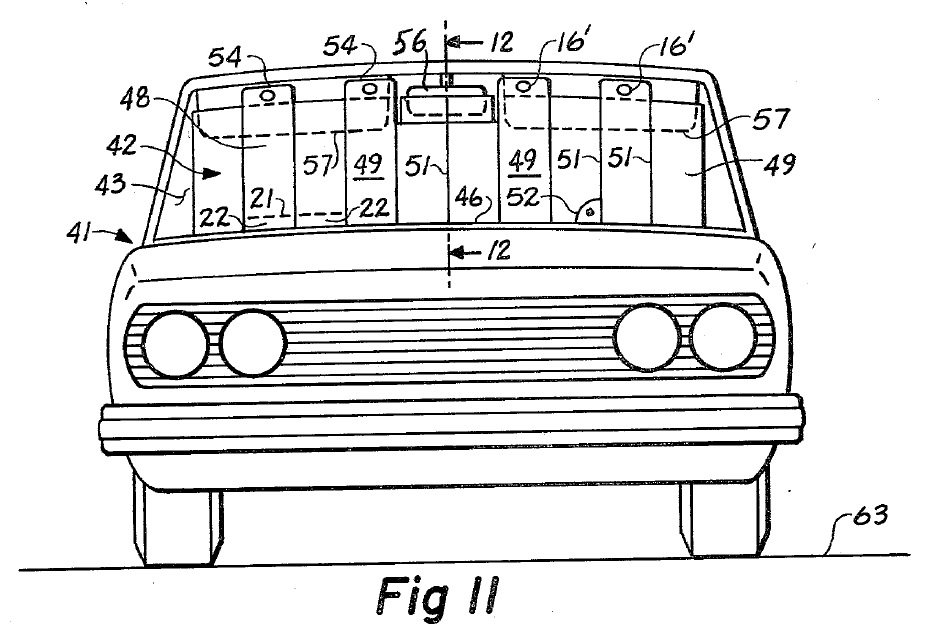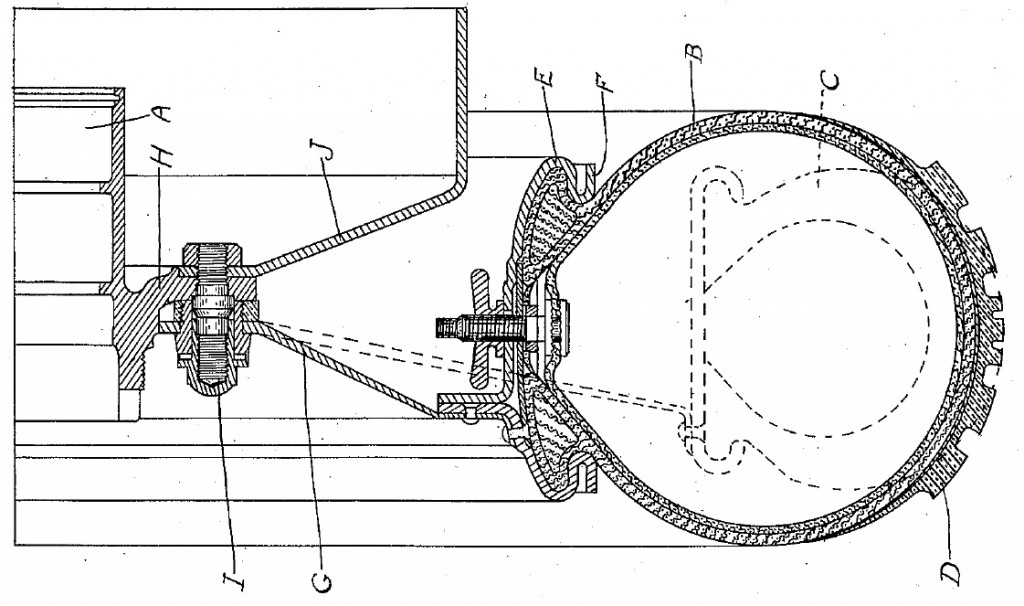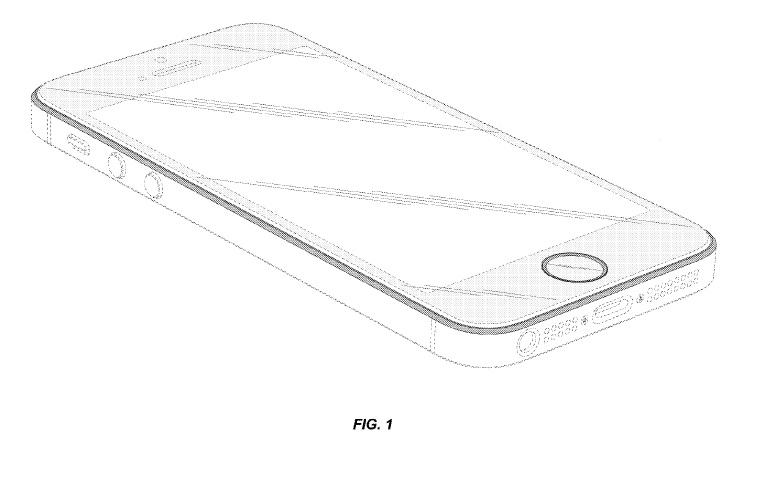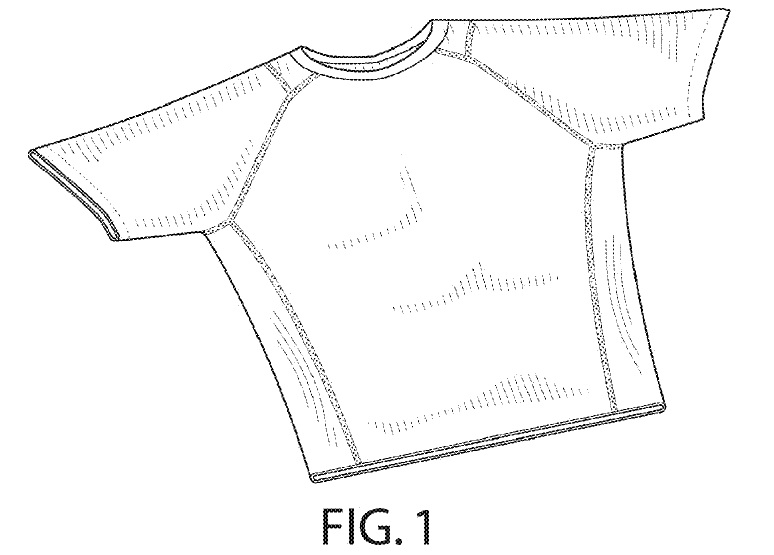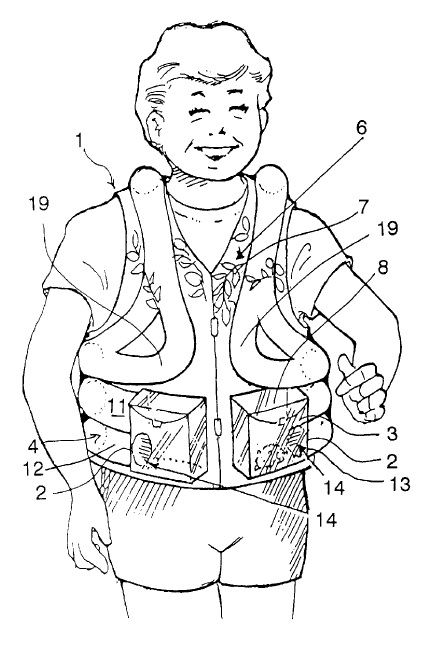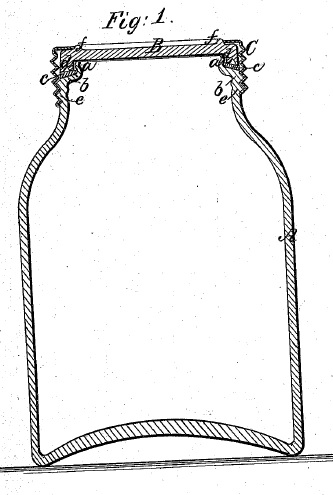In Diamond Coating Tech. v. Hyundai Motor, [2015-1844, 2015-1861] (May 17, 2016), the Federal Circuit affirmed the dismissal of a patent infringement action for lack of standing.
The Federal Circuit agreed that Diamond did not possess sufficient rights to make, use, on sell the patented invention, because its assignor Sanyo retained a right and license to make, use, and sell products covered by the patents-in-suit. The assignment and transfer agreement did not even grant Diamond a right to practice the patents, limiting Diamond’s rights to the prosecution, maintenance, licensing, litigation, enforcement, and exploitation of the patents.
The Federal Circuit said that unless Diamond received all substantial rights in the patents-in-suit at the time it filed suit in the District Court, it was not a “patentee,” and it could not bring suit by itself. The Federal Circuit said that Sanyo retained significant control over Diamond’s enforcement and litigation activities, and thus Diamond did not receive all substantial rights.
While Diamond and Sanyo executed nunc pro tunc agreements to purportedly clarify the parties’ original intent, the Federal Circuit held that its precedent (Alps South, LLC v. Ohio Willow Wood Co.) prevented nunc pro tunc assignments from conferring confer retroactive patentee status.

